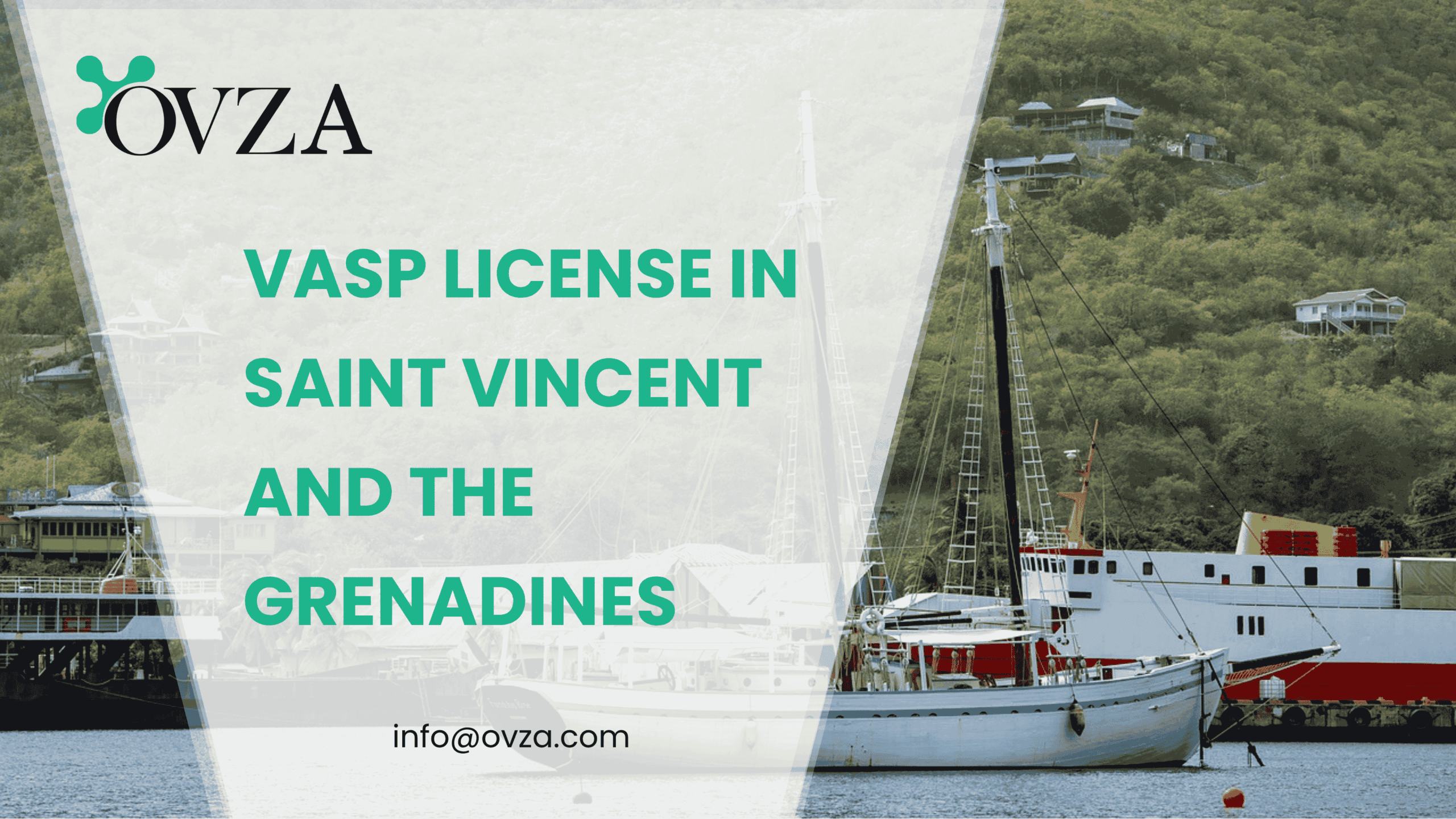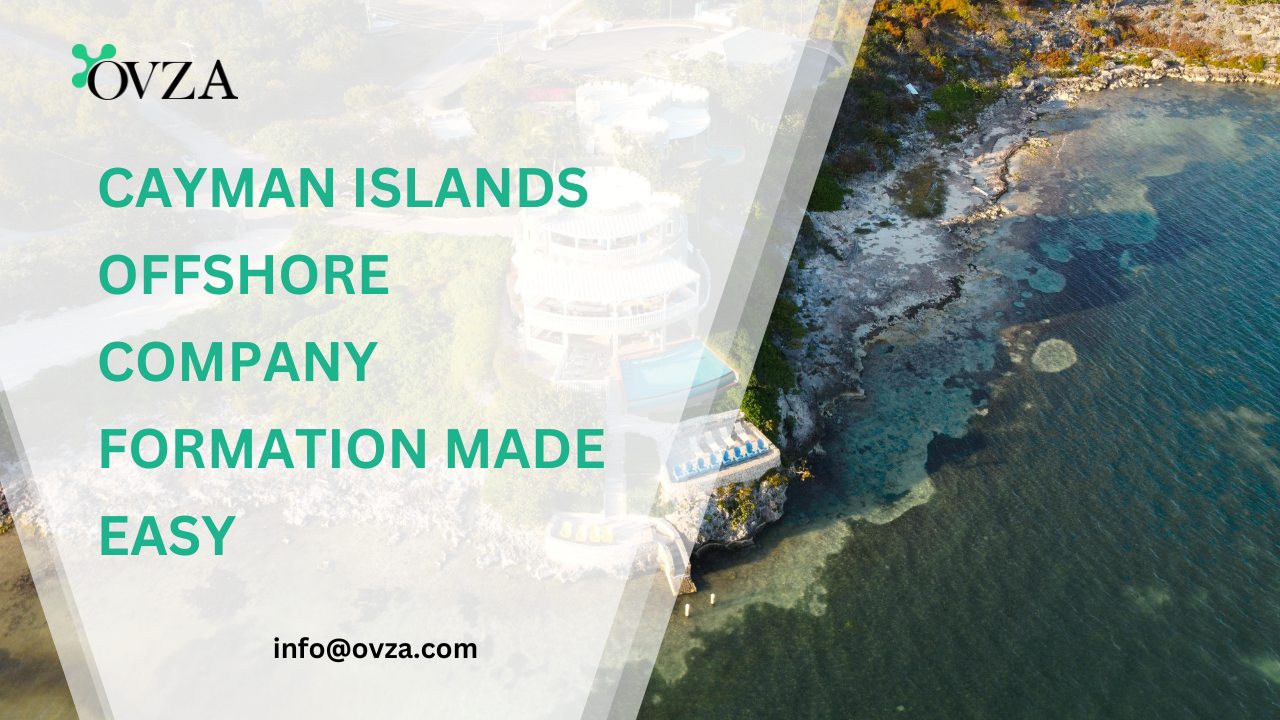Establishing an Antigua Offshore company offers numerous advantages, making it an attractive choice for entrepreneurs and investors seeking tax efficiency and a business-friendly environment. Antigua and Barbuda has positioned itself as a leading offshore jurisdiction due to its zero-tax policies on international income, minimal reporting obligations, and strong legal framework that protects business owners.
Choosing the right business structure is crucial for aligning with your business goals and ensuring compliance with local regulations. The Antigua Offshore framework allows you to tailor your company’s structure to suit your financial strategy and operational needs.
Antigua Business Structure Options
Antigua and Barbuda provides several business structures:
- International Business Corporation (IBC): Ideal for international trade, investment holding, asset protection, and wealth management.
- Limited Liability Company (LLC): Offers flexibility in management and is suitable for various business activities.
- Public and Private Limited Liability Companies: Appropriate for larger enterprises seeking to raise capital.
- Non-Profit Organizations: Designed for entities focused on charitable activities.
Selecting the Right Offshore Structure
Choosing the right Antigua Offshore business structure is a crucial step to ensure your company aligns with your goals and complies with local regulations. Consider the following factors to make an informed decision:
✅ Business Objectives: Align the structure with your business goals, whether it’s international trade, investment holding, or charitable activities. An Antigua Offshore company can be tailored for global expansion, wealth management, or asset protection.
✅ Tax Implications: Understand the tax benefits and obligations associated with each structure. Antigua’s offshore framework offers tax-neutral status for companies operating outside its borders, maximizing profit retention.
✅ Regulatory Requirements: Ensure compliance with local laws and regulations for the chosen structure. Different business models, such as International Business Companies (IBCs) or Limited Liability Companies (LLCs), may have unique reporting obligations.
✅ Operational Flexibility: Assess the management and operational flexibility offered by each structure. Antigua Offshore companies provide versatile structures that accommodate businesses of various scales, ensuring greater control over decision-making and asset management.
✅ Asset Protection: For businesses seeking to safeguard assets from creditors or legal risks, choosing a structure like an Antigua Offshore IBC can provide robust protection and privacy.
Consulting with experts like OVZA can help you identify the most suitable Antigua Offshore structure to meet your business needs while ensuring compliance with local regulations.
Benefits of Incorporating an IBC in Antigua and Barbuda?
- Tax Advantages: IBC’s benefit from a tax-neutral environment with no corporate taxes, capital gains taxes, or withholding taxes.
- Confidentiality: High levels of privacy for shareholders and directors.
- Operational Flexibility: Ease of conducting international business activities.
Steps to Incorporate an IBC in Antigua and Barbuda?
- Choose a Company Name: Select a unique name for your company.
- Prepare Incorporation Documents: Draft and file the Articles of Incorporation and other required documents.
- Appoint Directors and Shareholders: Designate the initial directors and shareholders.
- Register with the Financial Services Regulatory Commission (FSRC): Submit the incorporation documents to the FSRC for approval.
IBC’s are prohibited from conducting business within Antigua and Barbuda without a special license. They are primarily designed for international business activities.
Conclusion:
Selecting the appropriate business structure is vital for the success of your offshore company in Antigua and Barbuda. By carefully considering your business objectives, tax implications, and regulatory requirements, you can make an informed decision that aligns with your goals and ensures compliance with local laws.












